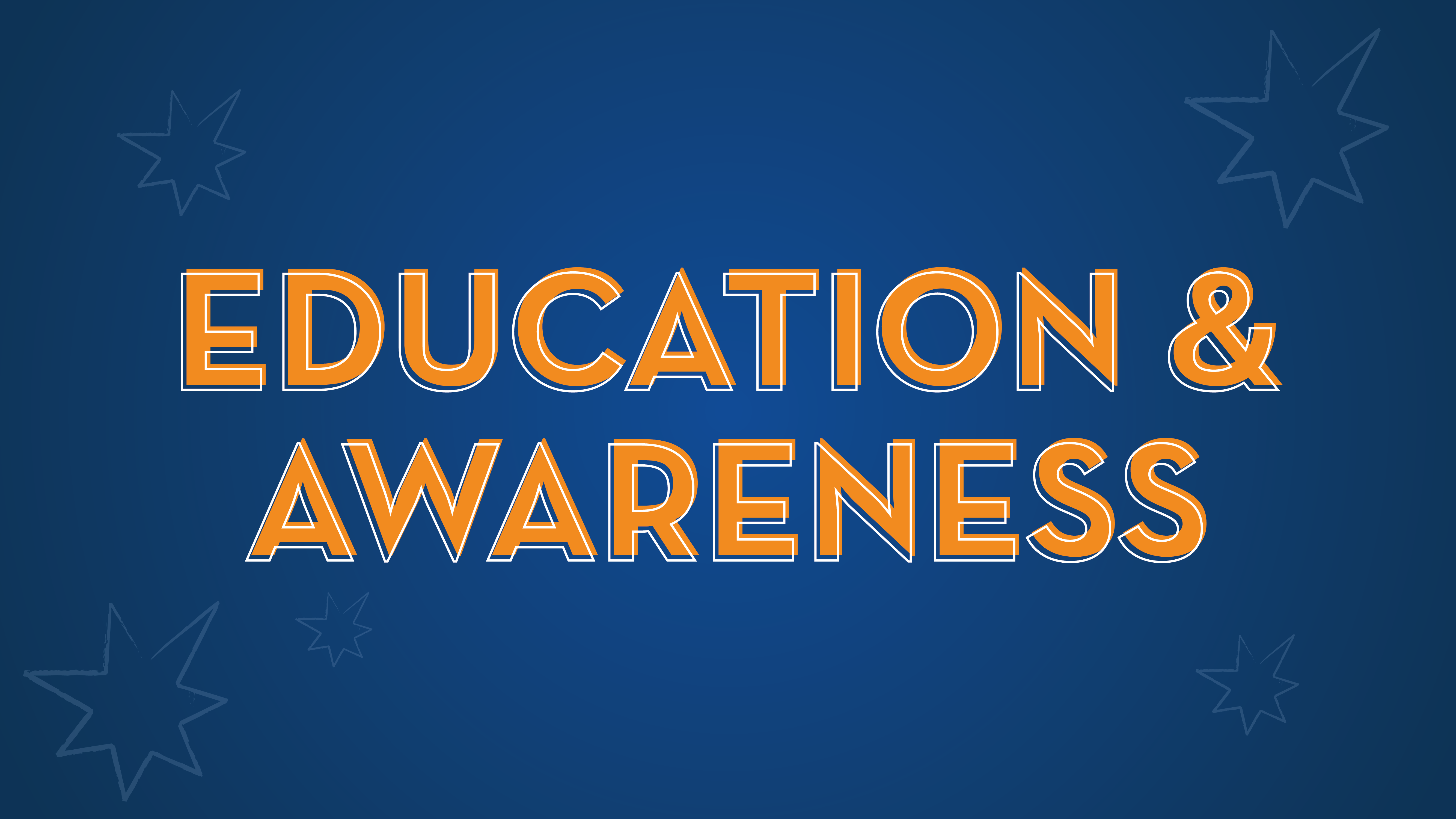
If you or a loved one have been diagnosed with cancer, you know that even short rounds of treatment are taxing. You also know how important having a caregiver can be to quality of care and treatment outcomes. Having a caregiver can help alleviate the stress of a cancer diagnosis. Cancer caregivers provide critical support during appointments, calls to insurance providers, assistance with medication, childcare, and transit, nutrition, and so much more.
But being a caregiver can come with its own challenges, and it’s normal to feel sad, overwhelmed, and exhausted.
For many caregivers, it’s hard to ask for help with even the smallest tasks. Some don’t want to ask because they believe they should be able to ‘handle’ these everyday tasks. Decision fatigue is also common, where even if someone is offering help, it may be difficult to articulate what they actually need help with or what can be delegated.
So how do you support caregivers in your community? Here are 4 tips to help the caregiver in your life as they navigate caregiving.
1.) Instead of offering to help, ask if it’s okay to take on a task.
We’ve all said it: “let me know if there’s anything I can do to help.”
It’s a well meaning statement– but how many of us have actually been called on to help?
Phrases like these put the action on the person being offered, instead of the person offering. Instead of having a caregiver come to you, provide a concrete, tangible task that you can take care of.
For example: “would it be helpful if I dropped off dinner on Thursday?” or “can I come over and help you clean on Sunday?”
Providing these concrete tasks, and setting a day you can come and help, takes the thinking and decision making off the caregiver, and makes it easier to say yes to help. If they decline, that’s okay, too! Continue to listen to their needs and offer as you are able.
2.) Be a listening ear
Sometimes we just need someone to listen to us. Not everything needs a solution, and not everyone wants an answer to their immediate problems. Providing a space where the caregiver is free to talk without judgment, express needs, and vent is an easy, low-energy way to support caregivers in your life. Remember to be empathetic, open, and compassionate.
3.) Take on childcare tasks or home tasks.
Childcare, especially for children under the age of 16, can be difficult for caregivers. Childcare is expensive, and a cancer diagnosis may make child care unaffordable, or take a typical stay-at-home parent out of the house.
Offering to take on some of the childcare tasks, such as school pick-up or drop-off, helping with extracurriculars, or even taking kids out of the house for the day, can all help lighten some of the load.
If your child is on the same team, or in the same club as the caregivers’ children, organizing with the group to provide support is an excellent way to mobilize your community to help out.
When it comes to home tasks, meal trains, helping with cleaning or laundry, or grocery shopping are all easy, low-maintenance ways to show up for caregivers and patients. Offering to do home care tasks is helpful too. Shoveling, raking, mowing, winterizing homes, or taking care of small repairs can make all the difference.
4.) Don’t over commit
Be sure when you offer, you’re not committing yourself to tasks you’re unable to complete. Even small tasks, like dropping off meals, carpooling, assisting with household chores, can all have a large impact on families. Start small offering help, and grow as your capacity allows.
By coming together as a community, and supporting families and individuals affected, we ease the difficulty of a cancer diagnosis. Supporting patients and caregivers closest to you is one way you can honor them during National Caregiver Month!
Who We Are GET EDUCATED SIGNS & SYMPTOMS

